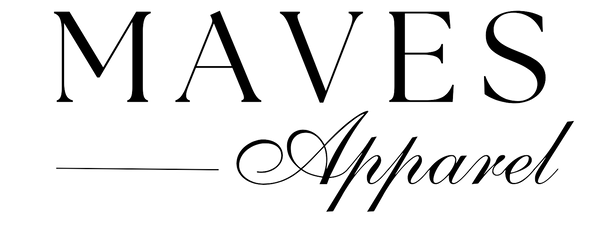
How AI is Optimizing the Fashion Supply Chain
Share
The fashion industry is one of the most complex and fast-paced industries in the world. From design to production to delivery, every step in the fashion supply chain must be precisely coordinated to keep up with the latest trends and consumer demands. With the help of artificial intelligence (AI), the fashion industry is becoming more efficient, sustainable, and profitable. In this article, we will explore the ways AI is optimizing the fashion supply chain.
Introduction to AI in the Fashion Industry
AI is the use of advanced algorithms and machine learning techniques to perform tasks that typically require human intelligence. In the fashion industry, AI is being used to optimize various aspects of the supply chain, including forecasting, design, production, inventory management, and customer experience.
AI-Powered Demand Forecasting
One of the biggest challenges in the fashion industry is predicting consumer demand for different styles and products. AI-powered demand forecasting algorithms use data from social media, online searches, and previous sales to predict future trends and demand. By accurately forecasting demand, fashion companies can avoid overproduction, reduce waste, and improve customer satisfaction.
AI-Powered Design
AI is also being used to optimize the design process in the fashion industry. AI algorithms can analyze consumer data, style trends, and historical sales data to help designers create more effective and appealing designs. After: This technology can also help reduce the time and costs associated with traditional design processes, such as prototyping and sample creation. That’s not all. You can use AI tools to optimize and improve other processes related to the fashion industry. For example, you can create amazing looking flyers with Adobe’s AI flyer generator.
AI-Powered Production
AI-powered production processes use algorithms and automation to optimize various aspects of the production process, including fabric cutting, sewing, and quality control. By automating these processes, fashion companies can reduce labor costs, improve production speed, and increase product consistency and quality.
AI-Powered Inventory Management
AI-powered inventory management algorithms use real-time data to optimize inventory levels and reduce waste. By monitoring sales data, customer feedback, and production capacity, these algorithms can help fashion companies maintain optimal inventory levels and avoid overstocking or understocking.
AI-Powered Customer Experience
AI is also being used to enhance the customer experience in the fashion industry. Chatbots and virtual assistants can help customers find the right products, answer questions, and provide personalized recommendations based on their preferences and purchase history. This technology can also help improve customer satisfaction and loyalty.
Benefits of AI in the Fashion Industry
The use of AI in the fashion industry provides several benefits, including:
- Improved forecasting accuracy
- Reduced waste and overproduction
- Faster design and production cycles
- Lower labor costs
- Improved product consistency and quality
- Enhanced customer experience and satisfaction
Challenges of AI in the Fashion Industry
While the benefits of AI in the fashion industry are significant, there are also several challenges that must be addressed, including:
- Data privacy and security concerns
- Ethical considerations regarding the use of AI in the design and production process
- The need for skilled professionals to develop and implement AI technologies
- The potential for job loss and displacement as a result of automation
Conclusion
AI is transforming the fashion industry by optimizing various aspects of the supply chain, from demand forecasting to customer experience. While there are challenges to overcome, the benefits of AI in the fashion industry are significant, and the industry is poised for continued growth and innovation.
FAQs
Q: What is AI in the fashion industry? A: AI is the use of advanced algorithms and machine learning techniques to optimize various aspects of the fashion supply chain, including demand forecasting, design, production, inventory management, and customer experience.
Q: How is AI being used in fashion? A: AI is being used to optimize various aspects of the fashion supply chain, including demand forecasting, design, production, inventory management, and customer experience.
Q: What are the benefits of AI in the fashion industry? A: The benefits of AI in the fashion industry include improved forecasting accuracy, reduced waste and overproduction, faster design and production cycles, lower labor costs, improved product consistency and quality, and enhanced customer experience and satisfaction.
Q: What are the challenges of AI in the fashion industry? A: The challenges of AI in the fashion industry include data privacy and security concerns, ethical considerations regarding the use of AI in the design and production process, the need for skilled professionals to develop and implement AI technologies, and the potential for job loss and displacement as a result of automation.
